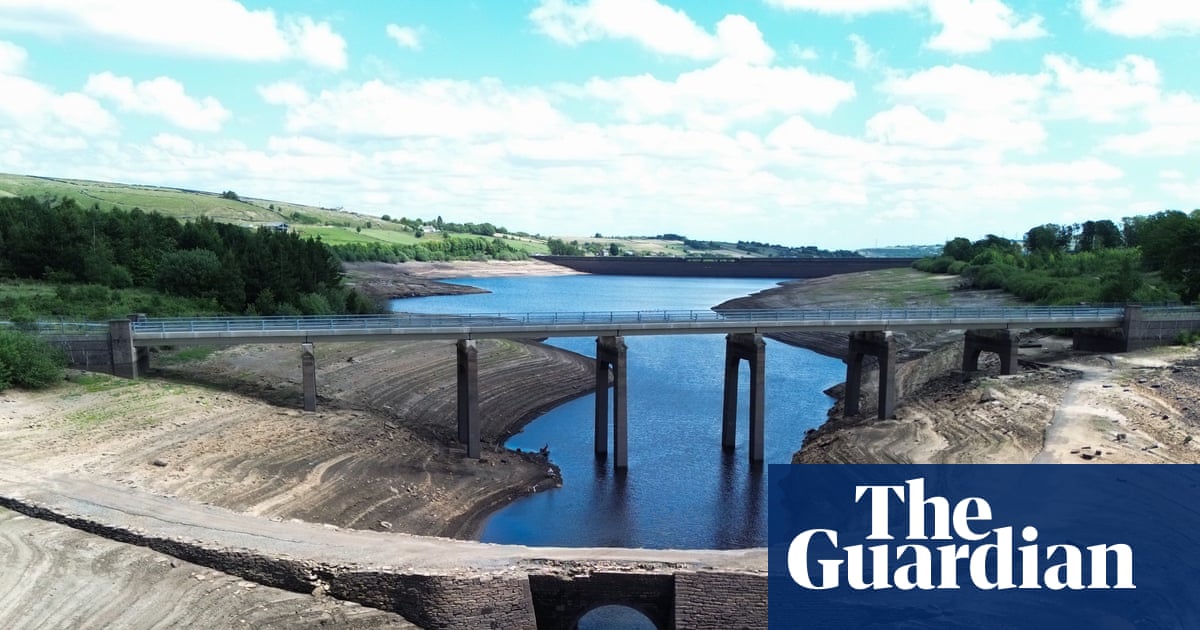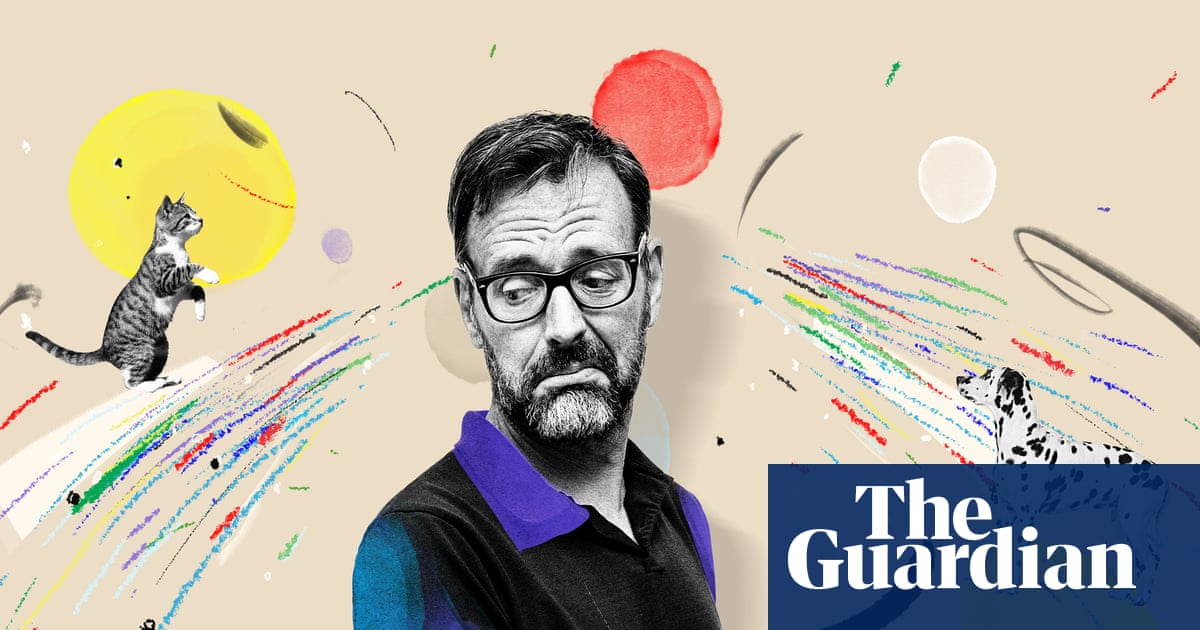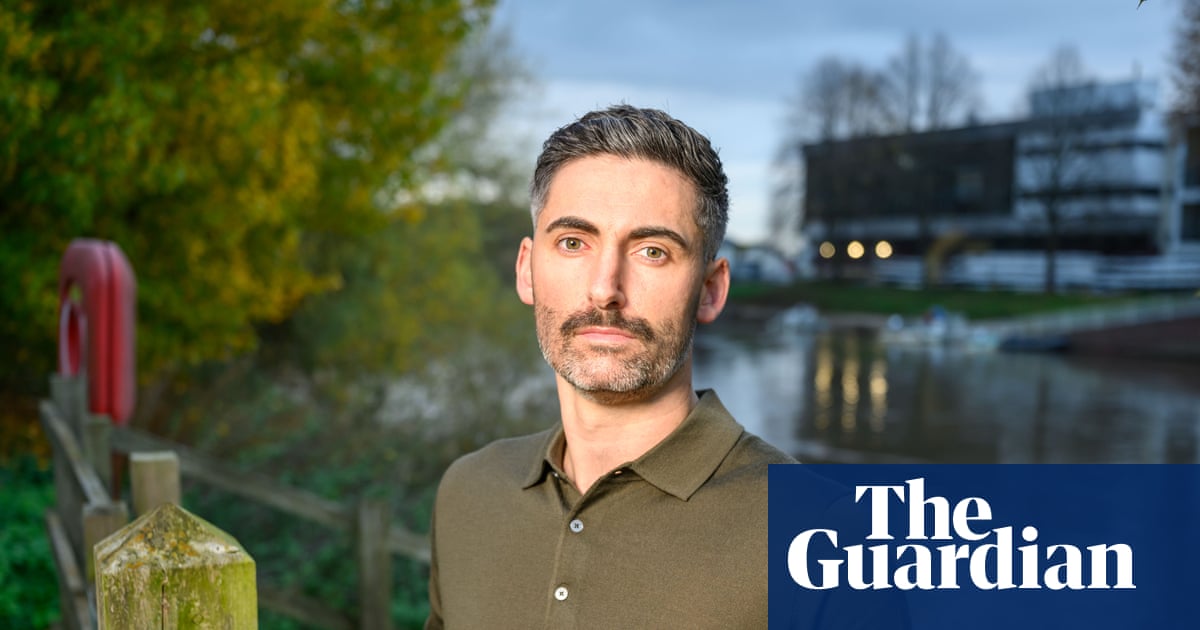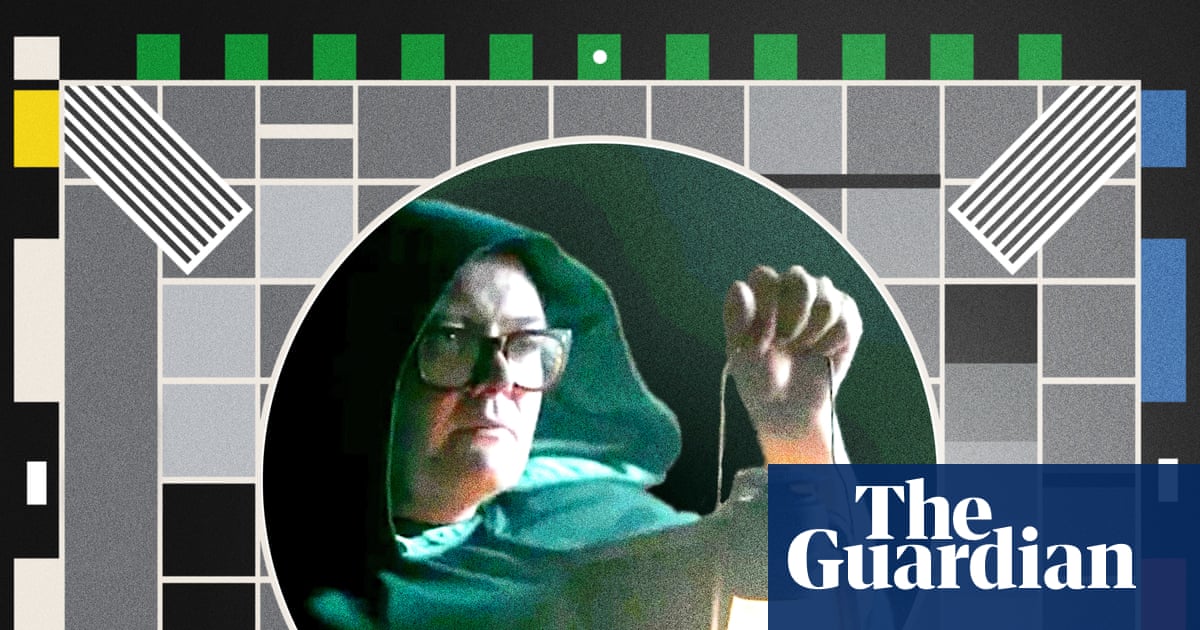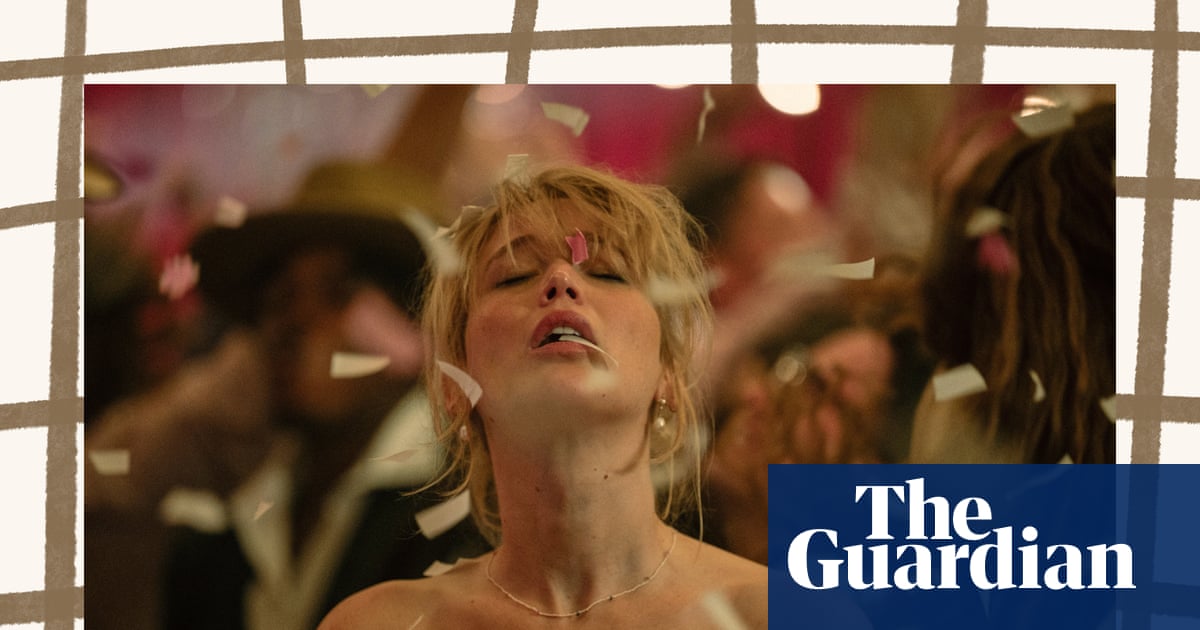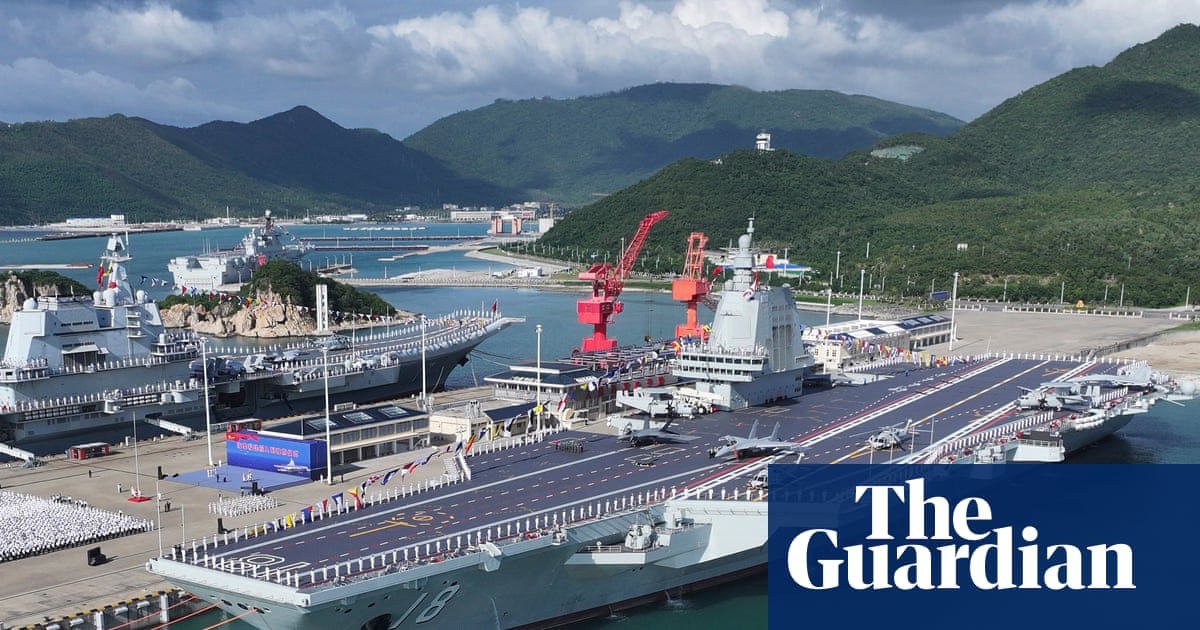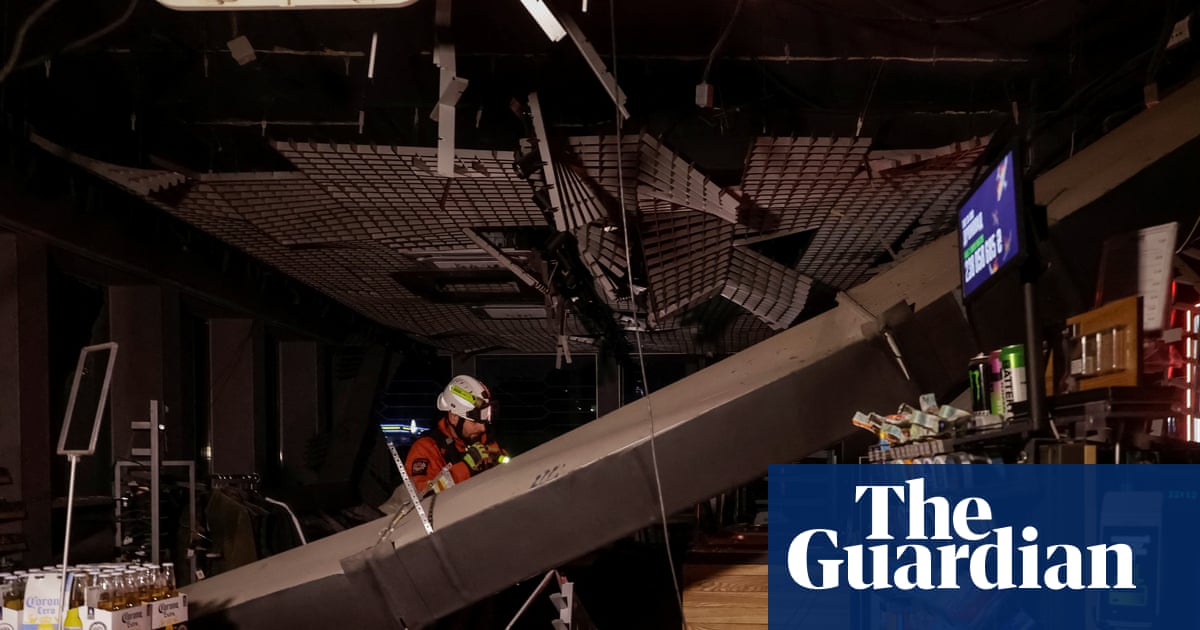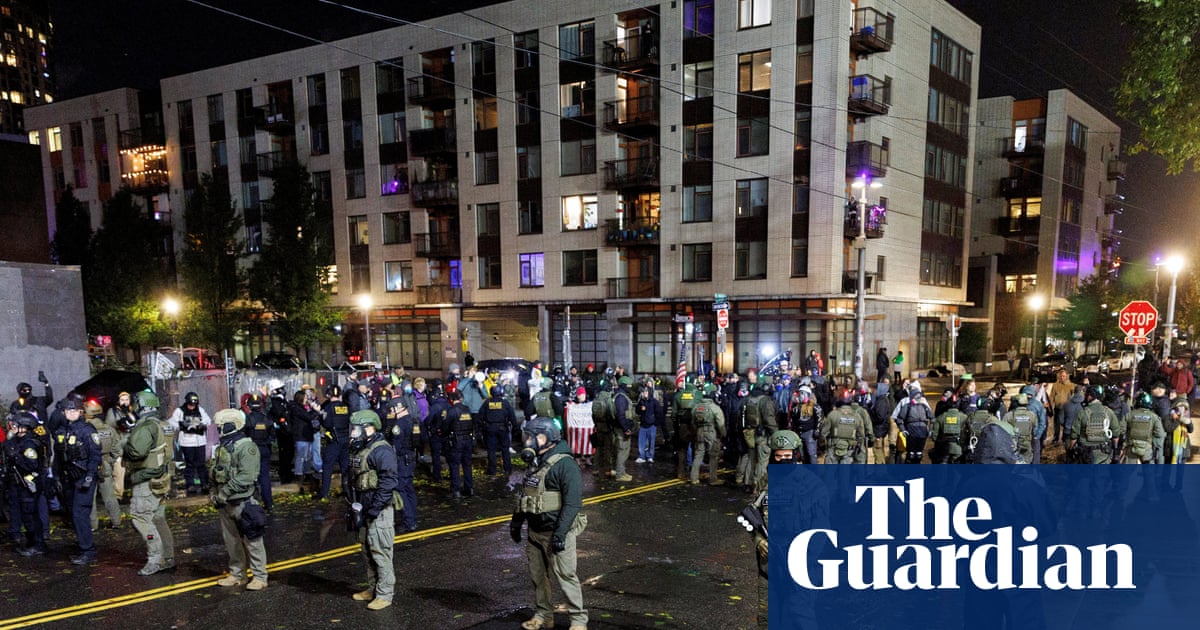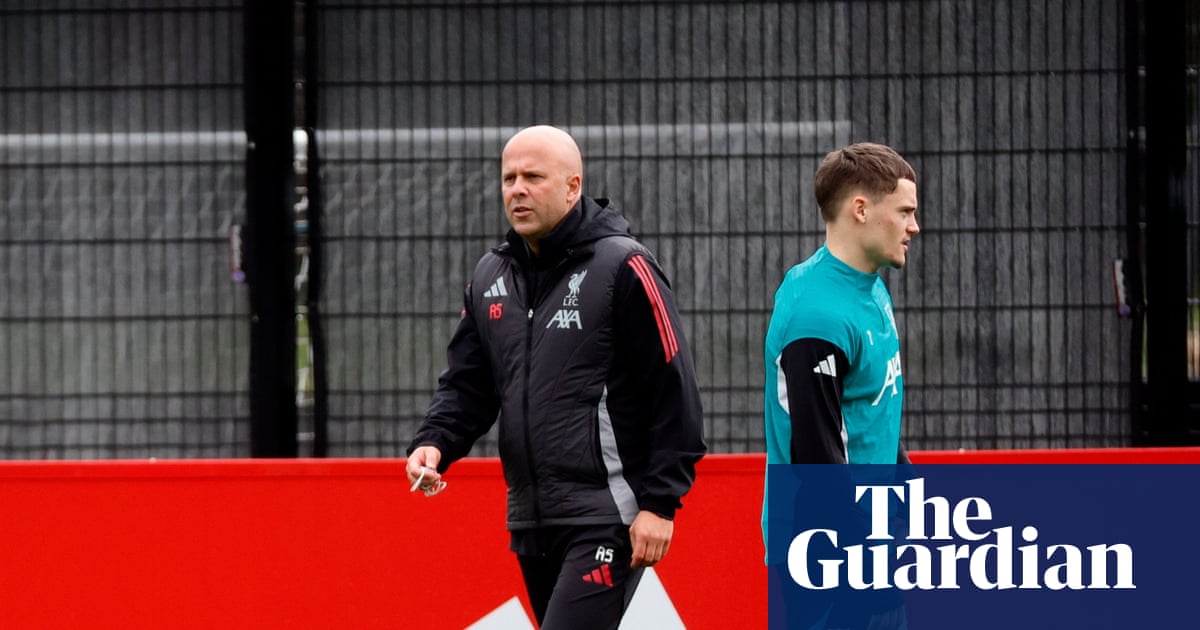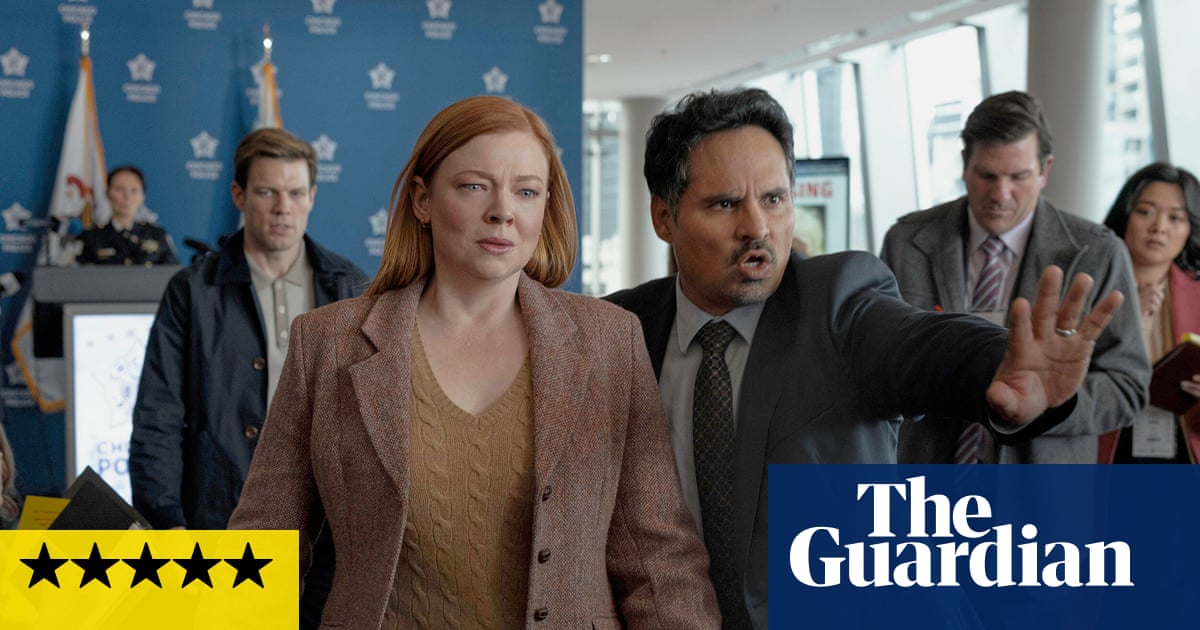Set in Senegal’s capital Dakar, this action thriller is so strikingly shot, so propulsively edited and so confident in its tonal shifts that by the end viewers are likely to feel enervated and stunned, but in a good way. It has one of those literal ticking-time-bomb narratives; a corny device to be sure, but one that Congolese writer-director Jean Luc Herbulot, with assistance from main actor and co-writer Hus Miller, manipulates in fresh and interesting ways. Certainly it will inspire some viewers to take a plunge into Herbulot’s back catalogue, which includes festival-anointed gangster-horror flick Saloum, another adept genre mash-up set in Senegal.
The conceit here is that Miller’s white, American-accented unnamed protagonist, called simply #1 in freeze-framed titles, wakes up on a Dakar bus with a sophisticated bomb strapped to his chest that is set to go off in 10 hours’ time. The bomb is connected to a countdown-displaying mobile phone, and a young woman sitting nearby explains to him that he needs to put a Bluetooth earpiece in his ear and answer when he hears the phone ring. When it does, a croaky American-accented voice (Willem Dafoe, no less!) explains that #1 has a number of chores to perform that day before the bomb goes off.
Soon he’s hooked up with another bomb-bedecked American called #2 (Cam McHarg) and the two of them are sent on missions around the city. These tasks include finding assorted folks and giving them objects that in at least one case result in the recipient being blown up by another mini-bomb. The explosions are understandably interpreted as terrorist acts, breathlessly reported on the local news that acts as a sort of chorus throughout (another corny device), so #1 and #2 have to evade capture by both legitimate authorities and angry crowds.
There are lighter moments along the way, like a bit where the two bomb-bearing protagonists are compelled to sniff metres of cocaine to appease a drug lord; they get so high that the film erupts into montage, backed by some spicy African hip-hop, resulting in an interlude that doesn’t further the plot much and seems to exist primarily to appeal to a young male demographic. But the tone shifts towards something more serious and considered later on when we meet the duo’s final assignation, Daniel (Gary Dourdan), who pulls the strands together with a polemical monologue set against another montage, this time showing filmed portraits of Dakar residents looking straight at the camera with blank expressions that might be accusatory or at least questioning, representing perhaps all the regular folk who suffer when nations and parties jostle in the streets over politics and control.
Elsewhere, Herbulot and the camera department deploy drones to create all kinds of skewwhiff long-distance views of the action, while creative use of camera lenses create a sense of disorientation. It’s all in service of depicting a modern African city full of relentless colour, texture and movement, an unceasing river of human traffic that weaves through dense residential areas, huge piles of debris, and areas of commerce – before reaching the Atlantic Ocean on the city’s edge. This last setting is where the dark climax takes place, a finale that doesn’t entirely pull off the tragic ending it’s aiming for, but one that stays true to the film’s intense energy.

 3 months ago
110
3 months ago
110

